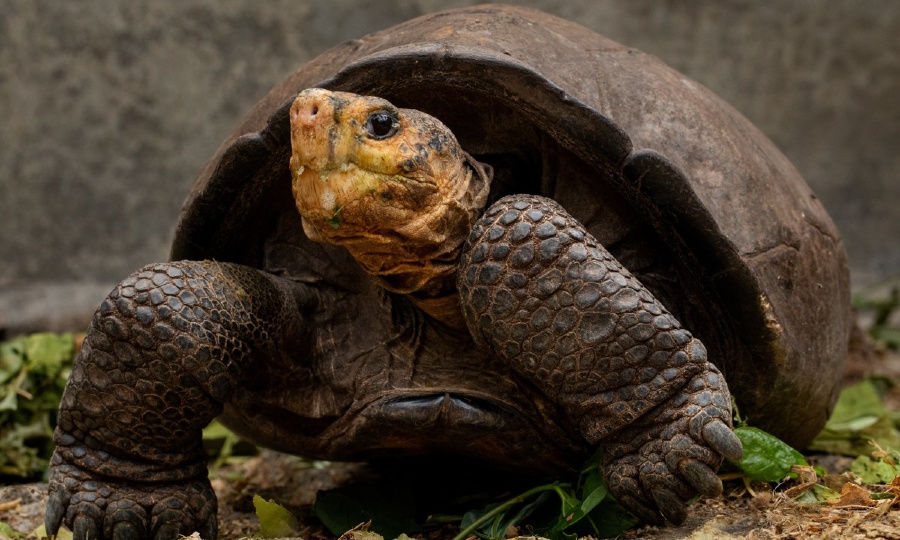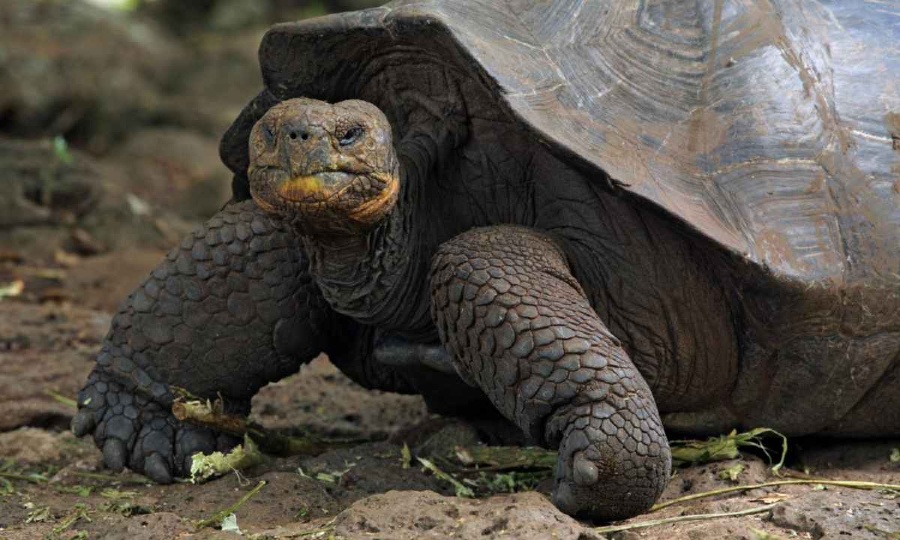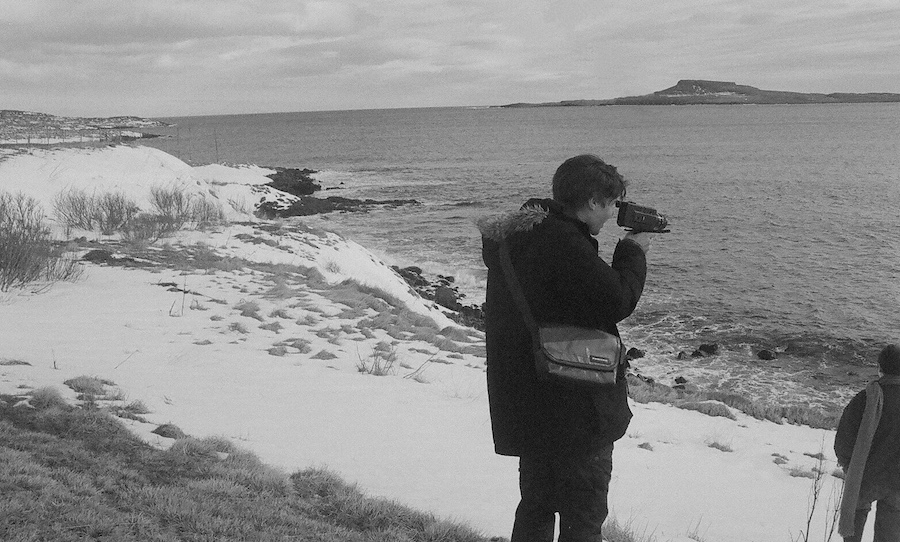A rare species of tortoise has been found alive and well on Fernandina Island for the first time in over a century.
Originally presumed extinct, the Fernandina Giant Tortoise (or Fern, for short) had not been seen by humankind for 115 years.
The last known sighting dates all the way back to 1906, when scientists from the ‘California Academy of Sciences’ sailed to the islands to carry out a comprehensive survey of the local flora and fauna.

However, since then, there had been sprinkles of mysterious and questionable evidence that the species was still alive and well.
In 1964, for example, suspicious tortoise-like droppings were discovered on Fernandina Island, where the species originates.
Then, in 2009, a flyover made a vague siting of what appeared to be a tortoise-like creature. However, both of these cases remained unconfirmed.
At long last, in 2019 a living, breathing single female was discovered on the island by an expedition led by Yale University. She is believed to be over 100 years old, and currently resides in a breeding centre on Santa Cruz Island.
It’s a tortoise called Anita who was well known to the other animals of the Fernandina Island for being gossipy about other tortoises but was unknown to humans. Now that she has become instantly famous she is waiting for a lucrative film contract from Hollywood.🐧
— GattoTheCat (@GattoTheCat) May 31, 2021
However, the discovery wasn’t enough to confirm anything just yet. Whalers and sailors have been known to ferry the creatures between the islands in the past, meaning the specimen could have belonged to any of a dozen species.
So, just to be sure that she is in fact a Fern, DNA tests were carried out comparing her to the remains of a male from the species of Chelonoidis phantasticus. And viola! We have a match!
This has certainly taken the science world by storm.
Don Church, president of Re:wild, a conservation organisation who supported the expedition, commented:
Imagine finding a species you thought was extinct? The last known sighting of the Fernandina giant tortoise was in 1906 – but an elderly female has been discovered in the Galapagos Islands.https://t.co/6inPkKLqVl
— Shahriyar Gourgi (@ShahriyarGourgi) May 28, 2021
Fernandina Giant Tortoise is now the 7th species to be rediscovered through Re:wild’s Search for the Lost Species program, alongside Jackson’s climbing salamander, Wallace’s giant bee, the silver-backed chevrotain, Voeltzkow’s chameleon, the velvet pitcher plant and the Somali sengi.
The Director of the Galapagos National Park, Danny Reuda, says that an expedition will now be launched to the island in attempt to locate other members of the species.



